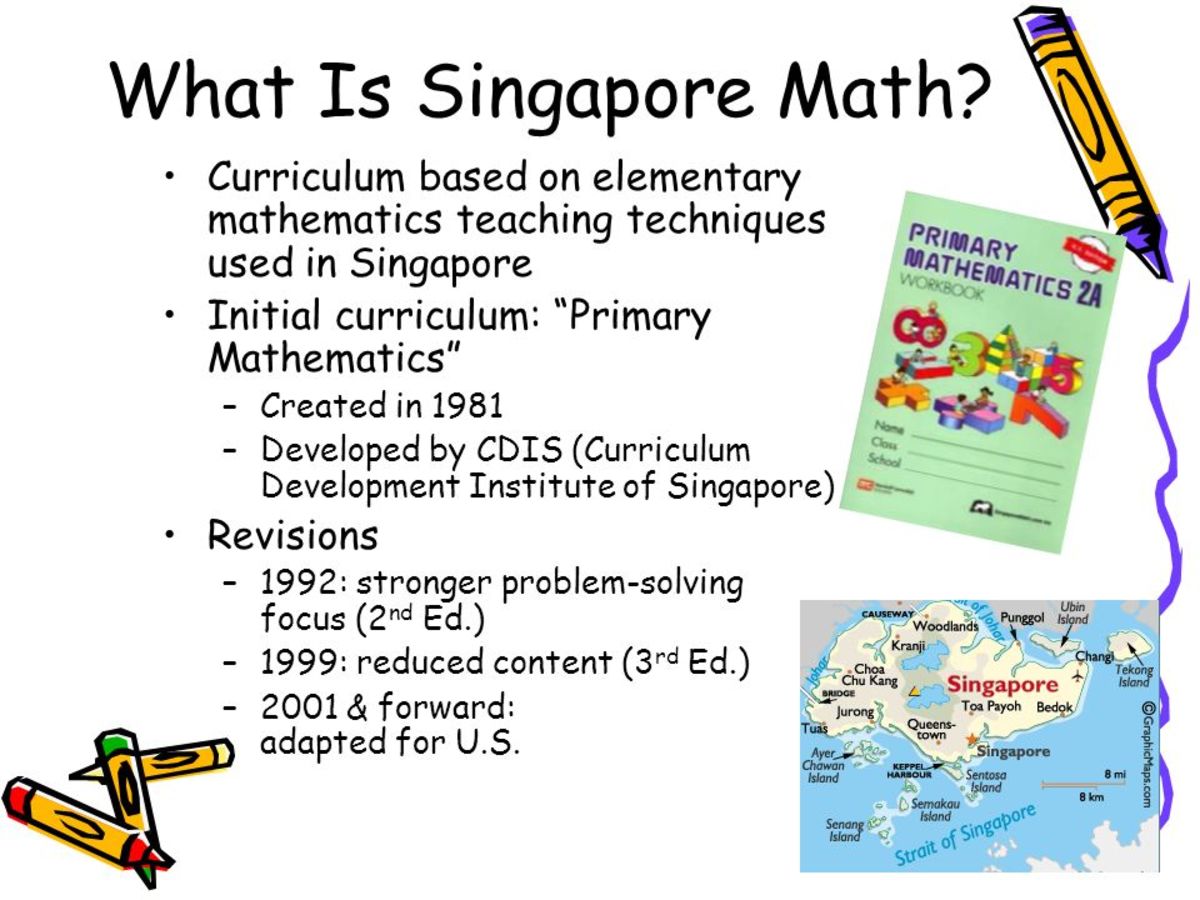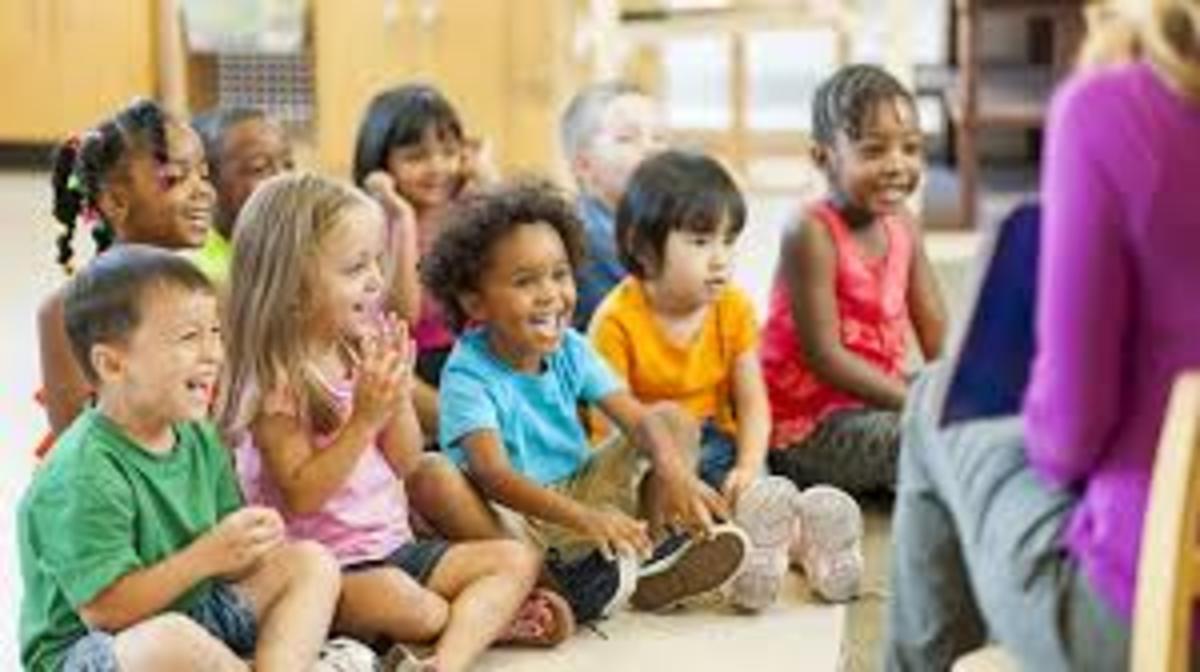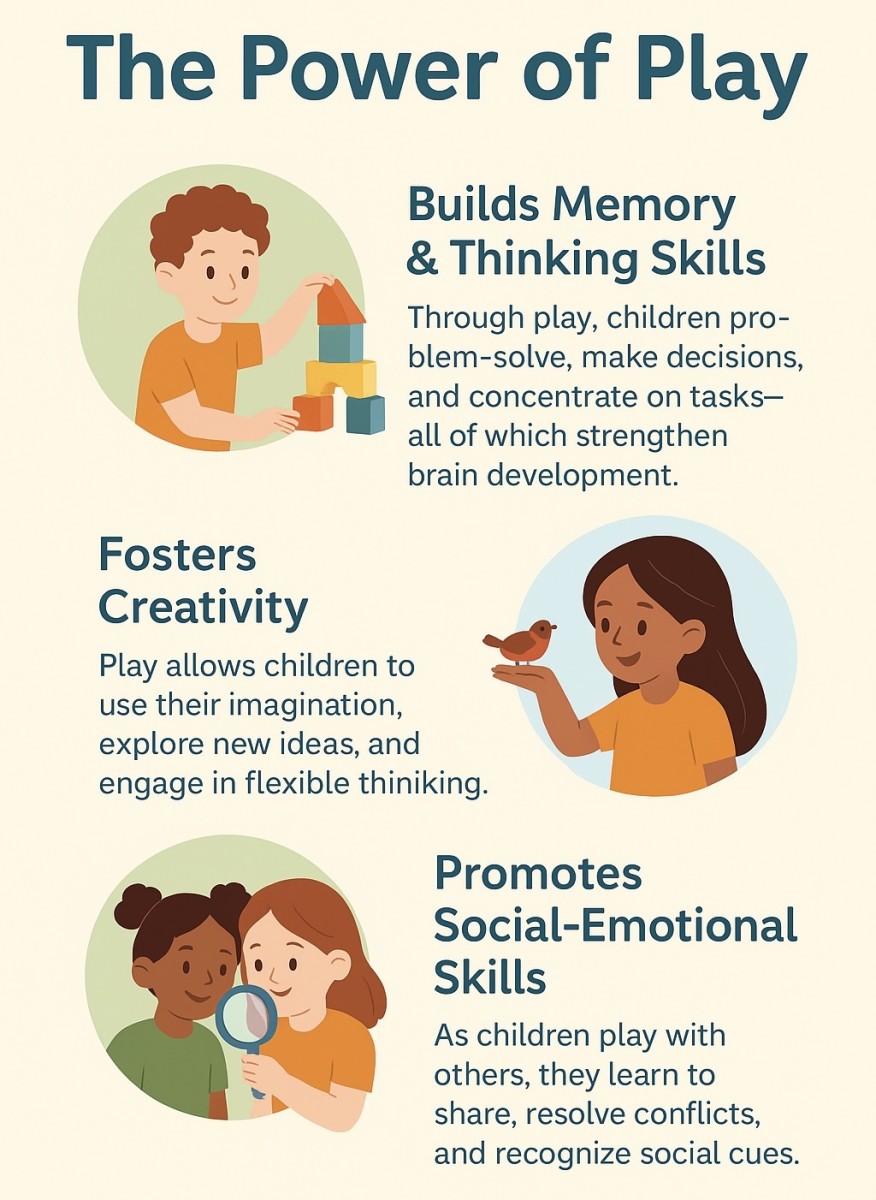Educational Summer Fun For Children
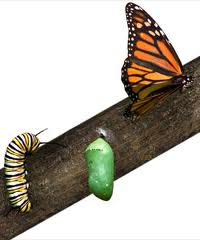
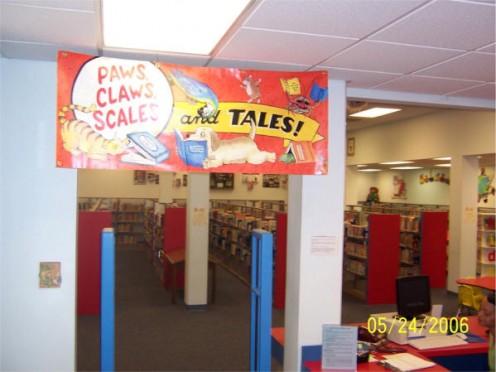
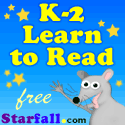

If your children are anything like mine, as soon as the final bell rings for the summer, the books are a thing of the past, not to be thought of until the next school year. Fun is the only thing on their minds, well that and catching up on sleep, missed TV episodes, and leisurly hang out time with friends. As a parent, you don't want to deny them their break, their chance to enjoy some free time, but you don't want every math concept, every vocabulary word, or every advance in reading to slip right out of their brains as fast as Dora, I Carly, or some other TV character puts ideas in. So what can be done? Is there any way to help children keep up with concepts over the summer while still having fun? I believe so. Here are a few ideas.
1. One of the things that I have done each year is buy a workbook for each child with either a variety of skills or at least math. I tell my children that they don't have to do the workbooks because it is summer, but if they choose to do them, they will get 25 cents per page. This way, when we go on vacation (or for any other reason for that matter), they will have summer money for things they may want. I remember one summer my son was into Legos. We went to Disney World and found a Lego store. He wanted a particular Lego set, but he didn't have quite enough money to purchase the set. We bought the set for him, but he had to do some math pages until he had enough to pay for it before we gave it to him. He finished the number of pages on the drive from Disney to grandma's house and was rewarded with the set to put together at her house. It was a win/win situation. My son kept up with his math skills as I was hoping he would, and he got his Lego set. (I have used the Summer Bridge workbooks below that are advertised and they are an excellent source for all academic areas).
2. We have each year enjoyed signing up for the local public library reading program. The program in our area uses a game board and the roll of a die. The child moves spaces along the game board and stops on a variety of different types of books (i.e. mystery, book about an animal, etc). The child has to read that particular type of book before they can roll again. At various places along the game board, there are spaces that allow the child to stop and get a prize. When the child completes the program, they are rewarded with a variety of different coupons for such things as skating, Taco Bell, and ice cream. What I love about this type of program is that children are required to read many different types of books that may expand their interests. This was particularly helpful for my son who seemed to only enjoy Star Wars for quite a while. (If you have a Kindle or another such electronic reader, this may give children a fun incentive to find a book to read, but the "old fashioned" method of picking up a book with pages is just as magical).
3. Fun web sites allow kids to play games while practicing various academic skills such as reading, math, and history. Starfall is an amazing website that encourages reading skills for Kindergarten through 2nd graders. It uses animation and games to encourage kids to read stories on the site. Magictreehouse.com is a website associated with Mary Pope Osborne's Magic Tree House series. The books, themselves, are 2nd to 3rd grade level, and are about a girl and boy who take magical adventures to different times and places and they learn facts about the places they go (i.e. Outer Space, the Titanic, Dinosaurs, Africa, etc). After a child reads a book, they can go to the Magic Tree House website, answer a few comprehension questions, and earn a virtual passport sticker, They can then play games, create their treehouse, and participate in many other activities. Shepphard Software is a free online website that has many different learning areas to click on including animals, geography, US States, math, science, language arts, and history. Kids can play games in the various areas while keeping skills fresh. This has been helpful when my children have needed to practice US States for tests in particular. They can click on a picture of a state and drag it onto a map. If they get it in the right place, it fills in the map with that state.
4. Taking kids to history museums, science museums, aquariums, and other such places provides hands on learning and fun. There is a museum in our area where children can dress up in colonial times, use bartering of pretend furs and other goods, wander around a ship, and pretend to be a store keeper or settler. Science museums often have hands on areas where kids can participate in science experiments, watch bees building a hive, or observe butterflies hatching out of cocoons.
This is just a small sample of things that can be done to help kids stay current with academic skills while still having fun this summer. Be creative, explore opportunities in your area, and help your kids start off strong next school year (just don't remind them they're learning :)



